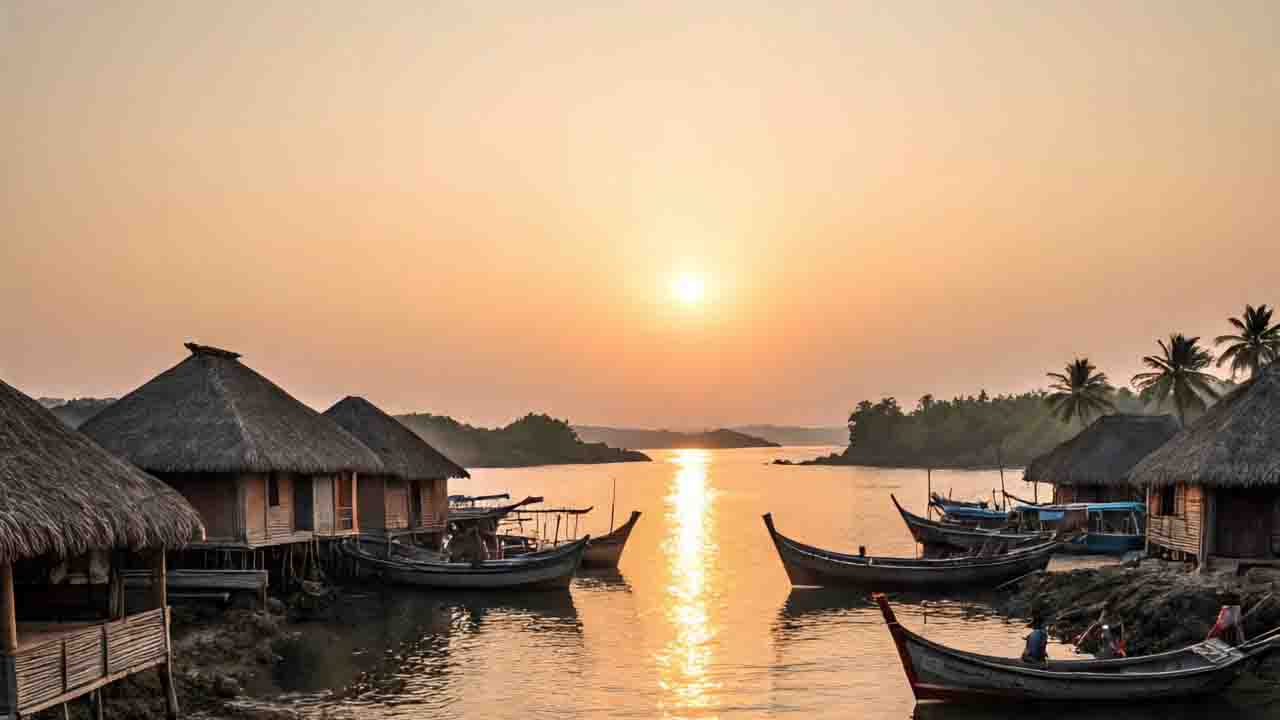
Resilienceapac – The Fiji Climate Exodus is no longer a distant warning but a pressing reality for many coastal communities in the Pacific island nation. Villages like Muani are confronting the harsh impacts of rising sea levels and intensified climate change by relocating to higher ground. This mass movement, driven by environmental necessity, represents one of the most visible signs of how climate change is reshaping human settlements. But the journey is fraught with both obstacles and resilience.
The Fiji Climate Exodus began in earnest over a decade ago, as villages faced increasing threats from coastal erosion, flooding, and saltwater intrusion. Muani, a small coastal village, exemplifies this struggle. The community’s relocation efforts started in 2014 but have since been slowed by chronic funding shortages and shifting political landscapes. Notably, the withdrawal of major players like the United States from the Paris Agreement has contributed to uncertainties in international climate finance. Delaying critical support for relocation projects. These challenges underscore how global politics can ripple down to affect vulnerable communities on the front lines of climate change.
“Shakespeare Like Never Before: The Vulnerable Bard in Laughter”
Despite these hurdles, the Fiji Climate Exodus has sparked a wave of local innovation and self-reliance. Many villages have begun to harness natural resources, such as forest products, to sustain themselves during and after relocation. These efforts not only provide immediate economic support but also strengthen community bonds and cultural identity during times of upheaval. However, adapting to new environments is complex. Logistical difficulties such as transporting materials and rebuilding infrastructure and cultural concerns about leaving ancestral lands remain significant barriers. Still, these communities persist, demonstrating remarkable resilience in the face of adversity.
The story of the Fiji Climate Exodus is a sobering yet hopeful example of how communities can respond to climate crises. It highlights the need for sustained international cooperation, flexible funding mechanisms, and culturally sensitive approaches to relocation. As global sea levels continue to rise, Fiji’s experience offers valuable lessons on balancing the urgency of relocation. With the preservation of social fabric and local autonomy. For villages like Muani, the path forward is uncertain but fueled by determination a testament to the human spirit’s capacity to adapt and thrive amid the shifting tides of climate change.
“Southeast Asia E-Commerce: A Major Revolution in the Logistics Industry”
Resilience APAC: Asia-Pacific Hub for Reform - Taiwan's earthquake-resilient community infrastructure investment is under renewed scrutiny following a series of…
Resilience APAC: Asia-Pacific Hub for Reform - climate risk planning data analytics plays a crucial role in helping organizations anticipate…
Resilience APAC: Asia-Pacific Hub for Reform – Climate-ready energy systems industry innovations are reshaping how factories and plants generate and…
Resilience APAC: Asia-Pacific Hub for Reform - resilient energy systems climate adaptation is becoming a critical focus as climate change…